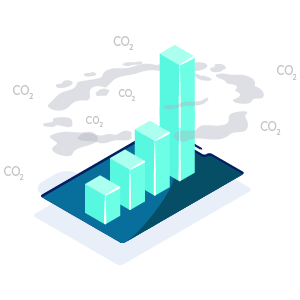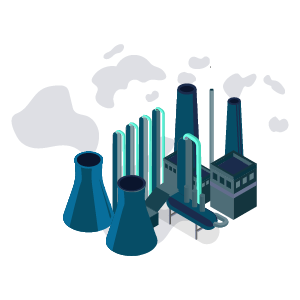Southeast Asia's rapid economic growth, urbanisation, and industrialisation are accelerating demand for energy resources and infrastructure development. Yet, with Southeast Asia now facing a critical ecological juncture, there is a need to meet these demands while sustaining their environments. Green technological innovations are a natural conduit to foster socio-economic prosperity while minimising adverse impacts to our world.
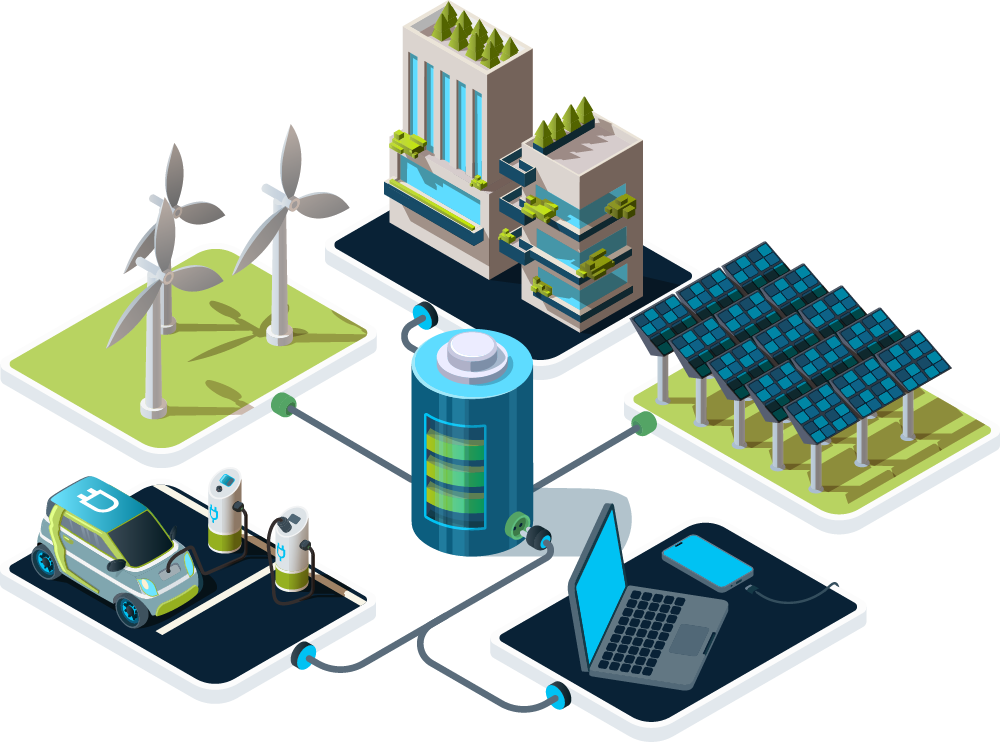
ADVANCING SOUTHEAST ASIA ON THE SUSTAINABLE PATH
Key Sustainability Concerns
While Southeast Asia is one of the world's fastest growing regions, there remain several issues pertinent to the region’s sustainability that could compromise its long-term development.
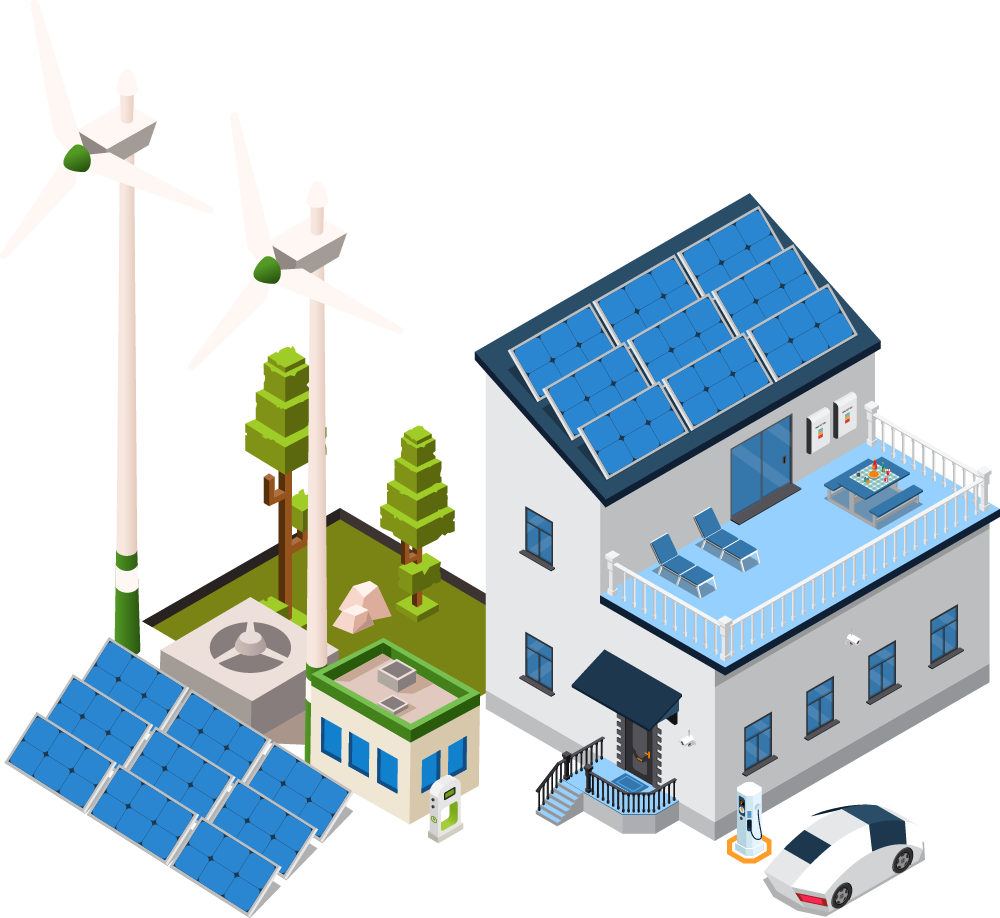
The Hitachi Way
Hitachi's Social Innovation Business has played a crucial role in several major environmental developments within Southeast Asia, helping to move the region towards a sustainable future.
SourceOUR GREEN SOCIAL INNOVATIONS
1. Cleaner
& Greener Air
Traffic congestion and factory waste are some of the region's prime sources of pollution. Hitachi is combating these issues by integrating green solutions with industrial infrastructures.
The Hitachi Way
Hitachi is developing low carbon-emitting infrastructure for Southeast Asia’s key manufacturing sectors through Smart tools and technologies.
Source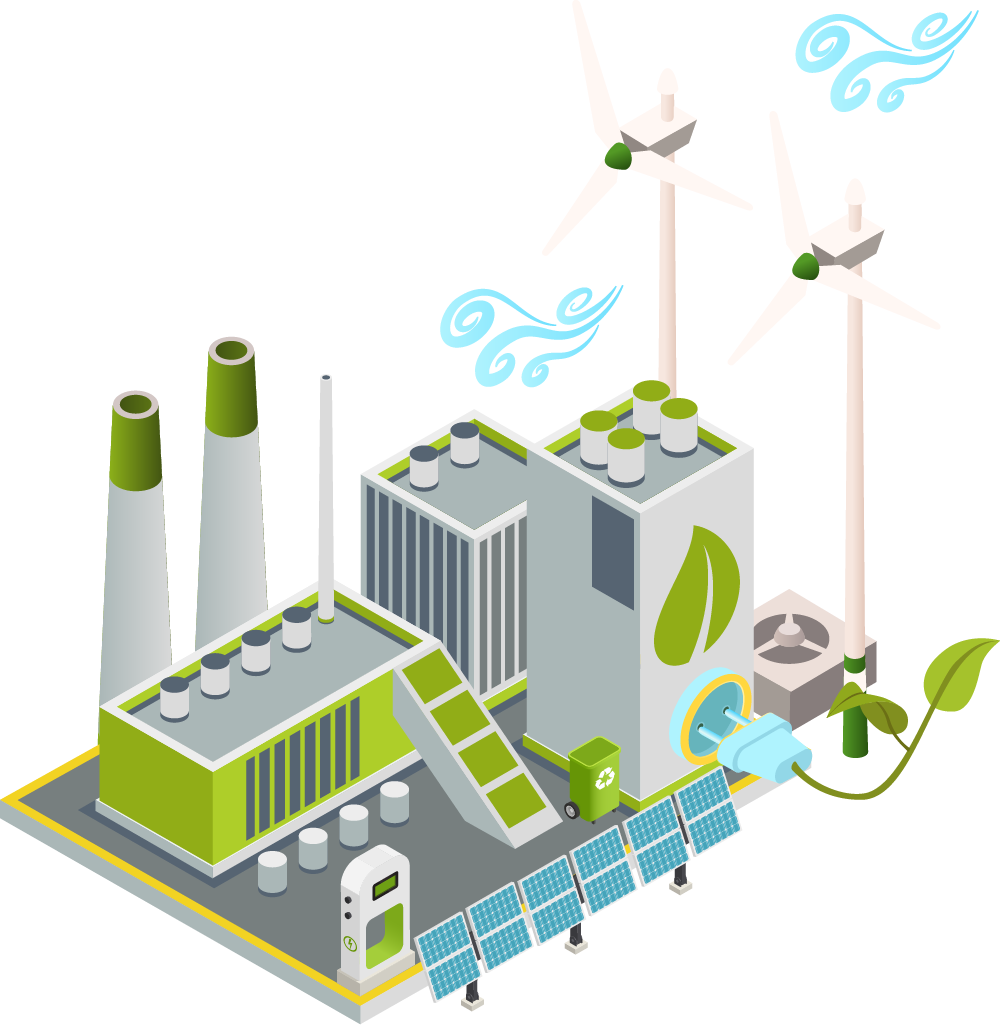
Hitachi Energy is supplying its battery energy storage systems to Thailand’s largest private microgrid, facilitating the integration of clean energy sources and the reduction of greenhouse gas emissions. Source
Singapore’s first Virtual Power Plant will utilise Hitachi Energy’s Battery Energy Storage Solution (BESS), which is critical for the management and optimisation of sustainable energy and the reduction of carbon emissions. Source
Hitachi has supplied a 220-kilovolt power transformer for a major solar power plant in Vietnam, supporting more optimised energy production and lowering the nation’s carbon footprints. Source
2. Making Smart
& Prosperous Cities
Ensuring the longevity of Southeast Asia’s developing infrastructures and long-term citizen health is a focal point in the region’s strategies when building new smart cities.
The Hitachi Way
Hitachi partners with government agencies and key corporations throughout Southeast Asia to help develop smart and sustainable cities in the region.
Source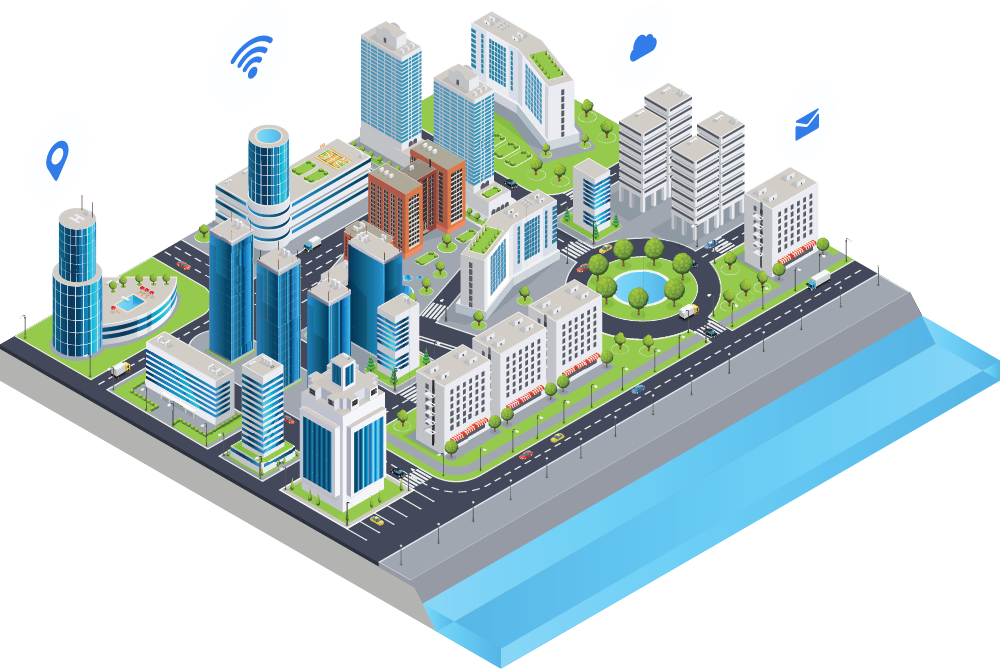
Smart railway systems in the Thailand Red Line offer a more sustainable alternative to automobiles. Source
Hitachi helped to develop the Super Low Energy Building (SLEB) Smart Hub, a one-stop portal to facilitate the easy adoption of the latest green, energy-efficient technologies. Source
The joint venture with Sunway assures consistent energy conservation in the latter’s infrastructures. Source
3. Expanding Clean Water Access
Access to clean water is a pertinent issue in Southeast Asia, which calls for an upgrade of sanitation and water management infrastructure and technologies.
The Hitachi Way
Hitachi has developed cost-effective water leakage management and water sanitation management to combat water scarcity issues in Southeast Asia.
Source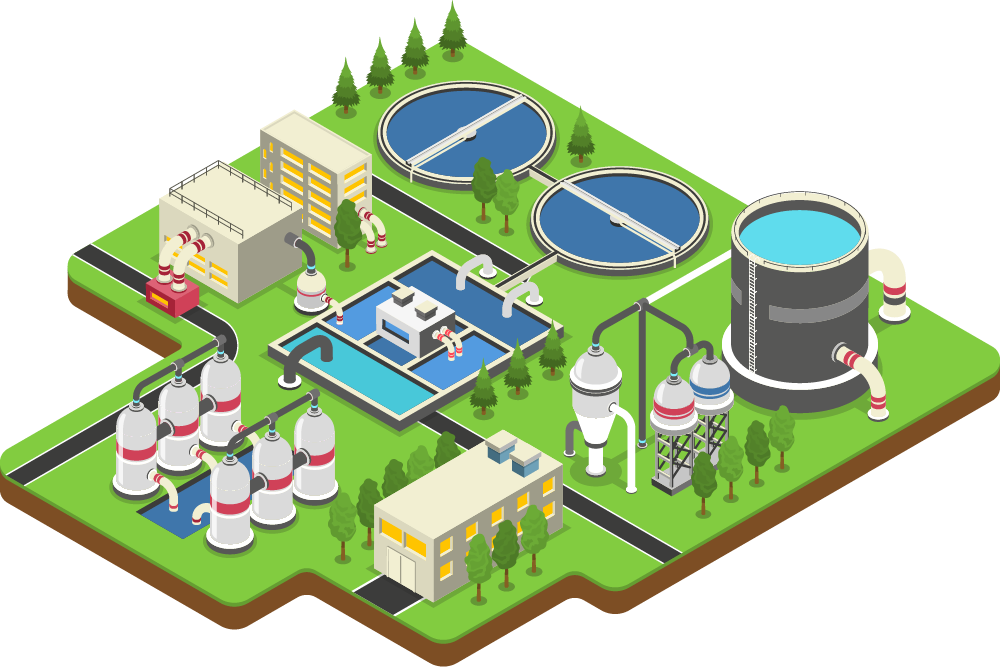
Hitachi Aqua-Tech is embarking on a joint venture with local partner Filinvest to better contribute to solving local challenges with its proven expertise in desalination, sewage treatment and water recycling. Source
Singapore was chosen as the ideal location to field test Hitachi's newly developed solution that identifies areas of potential water leaks using fewer sensors than conventional systems. Source
Date of Release: January 2022


